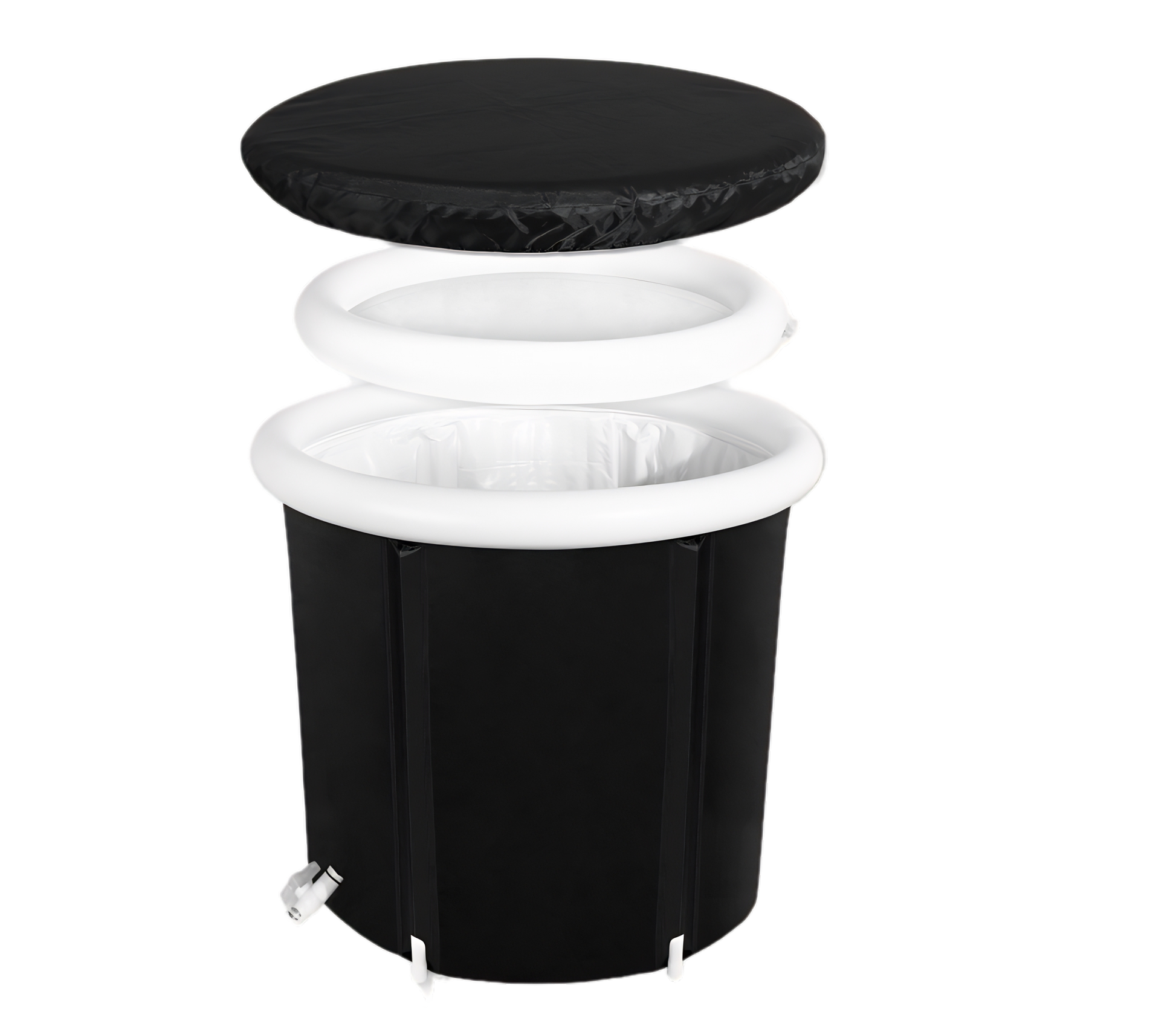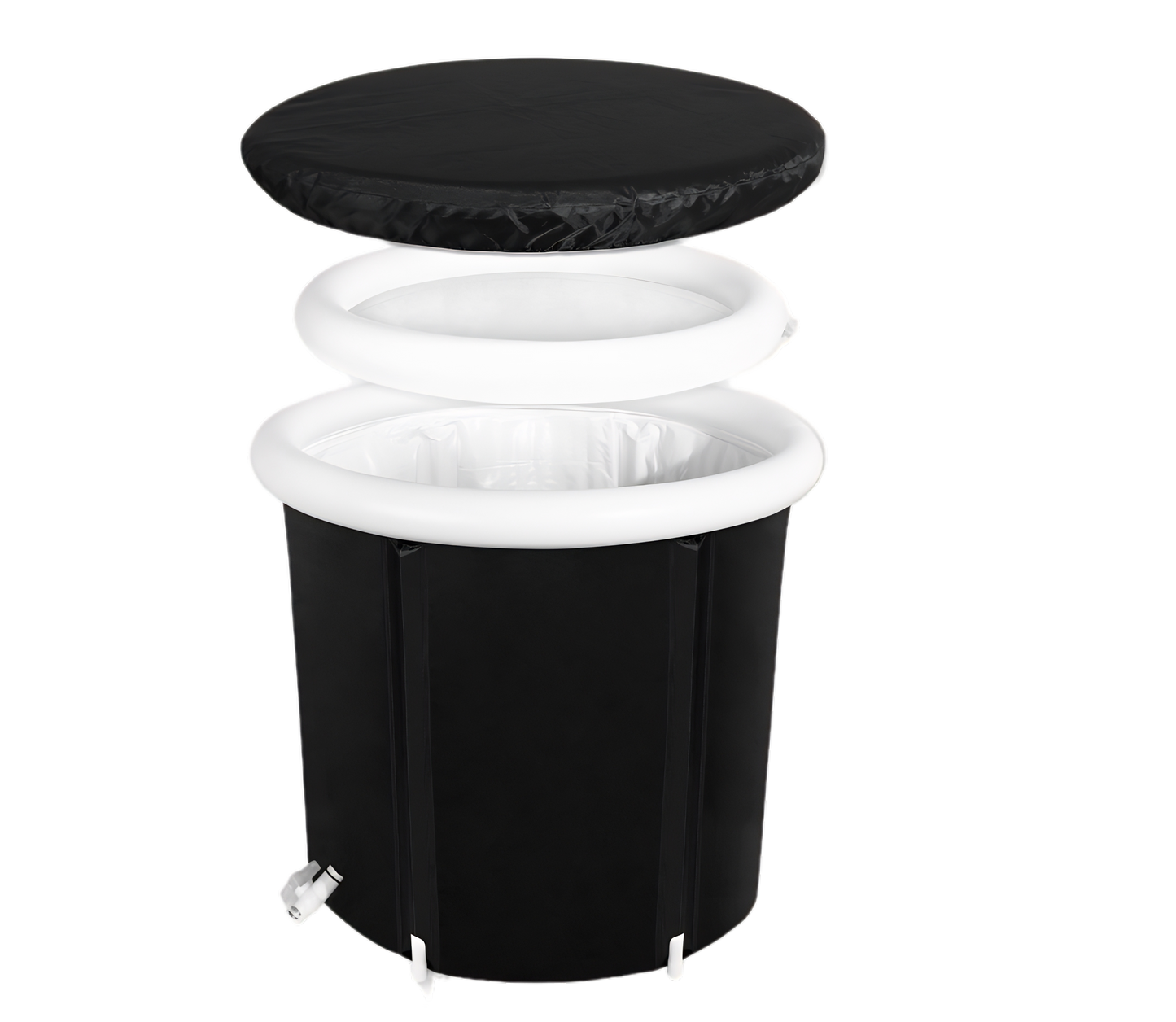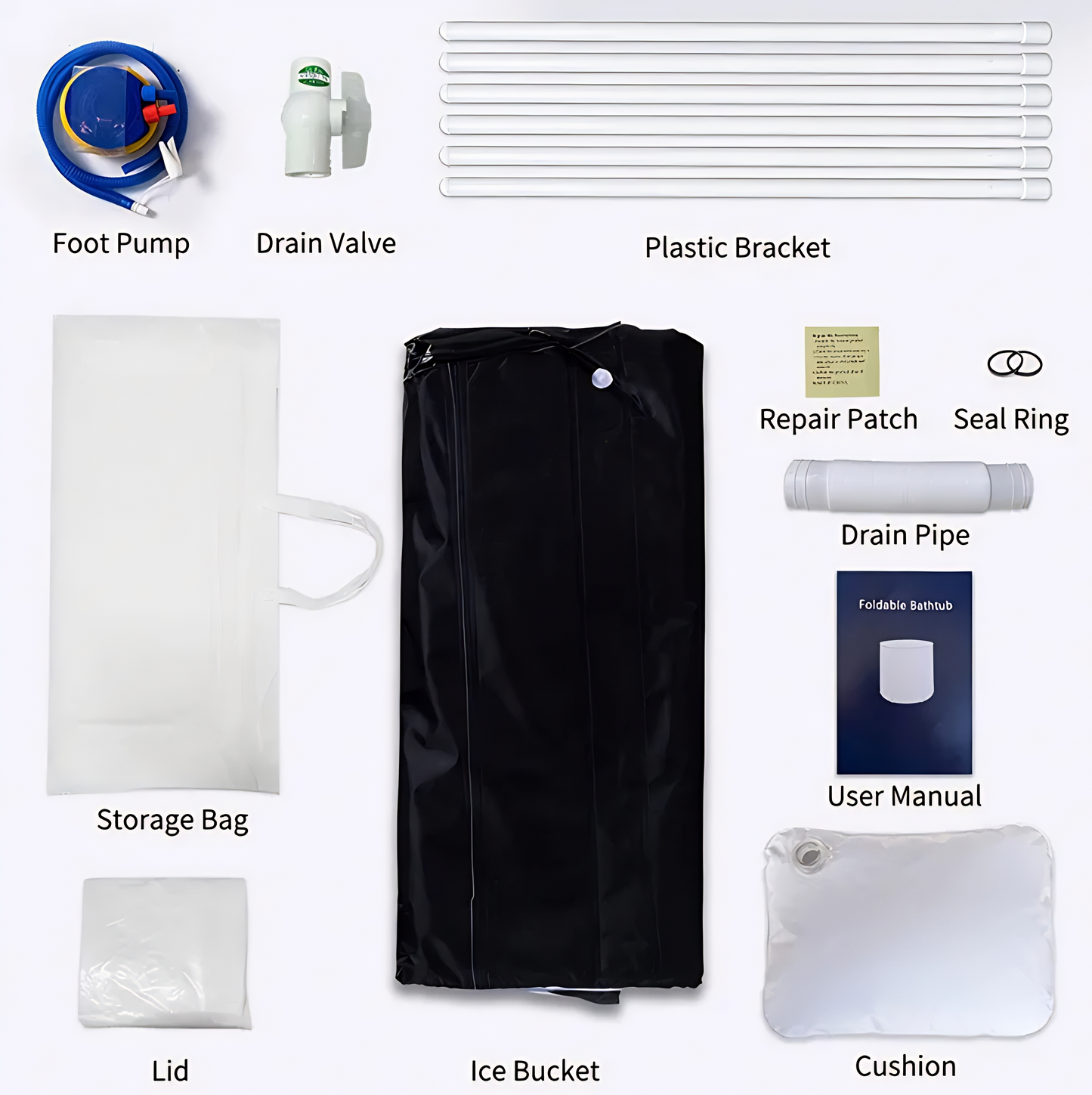At Aussie Ice Baths we understand the challenges faced by individuals with ADHD and their families. ADHD, which stands for Attention-Deficit/Hyperactivity Disorder, is a neurodevelopmental condition that affects how a person thinks, processes emotions, and responds to the environment. Commonly diagnosed during childhood, ADHD can have a significant impact on various aspects of daily life, including academic performance, social interactions, and overall wellbeing.
It's important to know that there are effective treatment options available that can help manage the symptoms of ADHD and improve quality of life. In this article, we will explore different ADHD treatment strategies, outlining the various approaches that can be taken to address this condition. We encourage you to consult with a healthcare professional to determine the best treatment approach for you or your loved ones.
Key Takeaways
- ADHD is a neurodevelopmental disorder that affects attention, behavior, and impulsivity.
- Effective treatment options for ADHD include a combination of behavioral interventions, therapy, and medication.
- It is important to consult with a healthcare professional to determine the best treatment approach for each individual.
- ADHD can have a significant impact on various aspects of daily life, including academic performance and social interactions.
- Understanding ADHD and exploring treatment options can help individuals with ADHD and their families navigate their journey towards a better quality of life.
Understanding ADHD and Its Impact on Daily Life
ADHD, or Attention-Deficit/Hyperactivity Disorder, is a mental health condition that affects individuals of all ages. It is characterized by symptoms such as hyperactivity, impulsivity, and difficulties with focus and attention. ADHD can have a significant impact on daily life, making it important to understand its nature, symptoms, and types.
What is ADHD?
ADHD is a neurodevelopmental condition that affects the brain's ability to regulate attention, impulse control, and behavior. It is a chronic condition that often begins in childhood and can persist into adulthood. Individuals with ADHD may struggle with maintaining focus, organizing tasks, managing time, and controlling impulses.
Symptoms and Diagnosis
The symptoms of ADHD can vary from person to person, and may manifest differently depending on age. Common symptoms of ADHD include:
- Trouble focusing and sustaining attention
- Forgetfulness and being easily distracted
- Excessive talking and interrupting others
- Impulsivity and acting without considering consequences
- Difficulty following instructions or completing tasks
Diagnosing ADHD involves a comprehensive evaluation that considers the individual's symptoms, medical history, and psychological assessments. It is essential to consult with a healthcare professional for an accurate diagnosis and to rule out other possible causes of the symptoms.
Types of ADHD: Inattentive, Hyperactive-Impulsive, and Combined
ADHD can be categorized into three main types:
- Predominantly Inattentive: Individuals with this type of ADHD primarily struggle with inattentiveness and have difficulty sustaining focus and attention. They may be easily distracted, have poor organization skills, and tend to make careless mistakes.
- Predominantly Hyperactive-Impulsive: This type is characterized by hyperactivity and impulsivity. Individuals may have difficulty sitting still, act impulsively without considering consequences, and may interrupt or talk excessively.
- Combined: Combined type ADHD is the most common, involving a combination of both inattentive and hyperactive-impulsive symptoms. Individuals with this type experience difficulties with attention, hyperactivity, and impulsivity.
Each type may present with its own set of challenges and require tailored treatment approaches to address the specific symptoms.
Common ADHD Treatments and Medication Options
When it comes to managing ADHD, there are various treatment options available that can help individuals effectively cope with symptoms such as hyperactivity, impulsivity, and poor attention span. These treatment options include a combination of medications, behavioral therapy, and alternative treatments.
Medication:
Medication is a common and effective treatment option for ADHD. One type of medication commonly prescribed for ADHD is stimulants. Stimulants work by increasing the levels of dopamine and norepinephrine in the brain, which can help improve focus and attention. Stimulants are generally safe when used as directed by a healthcare professional.
However, if stimulant medications are ineffective or have adverse side effects, nonstimulant medications may be considered. Nonstimulant medications work by increasing the levels of norepinephrine in the brain and can be a suitable alternative for individuals who are unable to tolerate stimulant medications.
Behavioral Therapy:
In addition to medication, behavioral therapy plays a crucial role in the treatment of ADHD. Behavioral therapy focuses on teaching individuals with ADHD how to develop coping strategies, improve organizational skills, and effectively manage impulsivity and hyperactivity. This therapy can be beneficial for both children and adults with ADHD.
Alternative Treatments:
While medication and behavioral therapy are commonly used treatments for ADHD, alternative treatments may also be explored as adjunctive options. Some alternative treatments that individuals with ADHD may consider include dietary changes, herbal supplements, ice baths and neurofeedback. It is important to discuss these options with a healthcare professional before incorporating them into a treatment plan.
In summary, common ADHD treatments and medication options include the use of medications, behavioral therapy, and alternative treatments. These treatment options provide individuals with ADHD the opportunity to effectively manage their symptoms, improve their daily functioning, and enhance their overall well-being.
Summary
Effective strategies and personalized care are key elements in managing ADHD. By implementing strategies such as developing routines, setting clear goals, breaking tasks into smaller steps, and utilizing organizational tools, individuals with ADHD can better navigate daily challenges and improve their overall functioning.
Support networks play a crucial role in providing guidance and companionship for individuals with ADHD. Support groups and counseling sessions offer a safe space for connecting with others who share similar experiences, allowing individuals to share their struggles, gain valuable insights, and receive much-needed encouragement and support.
Professional guidance is essential in developing personalized ADHD treatment plans. Healthcare professionals, therapists, and educators work collaboratively to understand the unique needs of each individual and implement effective strategies. Ongoing support and monitoring ensure that treatment plans are adjusted as needed and that individuals are empowered to manage their ADHD effectively.
Empowering individuals with ADHD involves education, self-advocacy, and self-care. By educating individuals about their condition and providing them with the knowledge and tools to navigate challenges, they can develop a better understanding of their ADHD and its impact on their lives. Teaching self-advocacy skills enables individuals to confidently communicate their needs and seek appropriate support. Promoting self-care practices fosters overall well-being and helps individuals manage their ADHD symptoms proactively.
Frequently Asked Questions
What are some common ADHD treatments?
Common ADHD treatments include a combination of behavioral interventions, therapy, and medication. It is important to consult with a healthcare professional to determine the best treatment approach for each individual.
What is ADHD?
ADHD, or Attention-Deficit/Hyperactivity Disorder, is a neurodevelopmental disorder that affects how a person thinks, processes emotions, and responds to the environment. It is characterized by hyperactivity, impulsivity, and difficulty with focus and attention.
What are the symptoms and diagnosis of ADHD?
Symptoms of ADHD can vary but may include trouble focusing, forgetfulness, easily getting distracted, excessive talking, interrupting others, making frequent mistakes, and difficulty organizing daily tasks. Diagnosis involves a comprehensive evaluation of symptoms, medical history, and psychological assessments.
What are the types of ADHD?
ADHD can be categorized into three types: predominantly inattentive, predominantly hyperactive-impulsive, and combined hyperactive-impulsive and inattentive. Each type presents with its own set of symptoms and challenges.
What are the treatment options for ADHD?
Effective treatment options for ADHD include a combination of behavioral interventions, therapy, and medication. Behavioral therapy can help individuals develop coping strategies, improve organizational skills, and manage impulsivity and hyperactivity. Medication, such as stimulants or nonstimulants, may be prescribed to manage symptoms.
Are there alternative treatments for ADHD?
Some alternative treatments for ADHD, such as dietary changes, herbal supplements, and neurofeedback, may be explored as adjunctive options. However, it is important to consult with a healthcare professional before considering these alternatives.
How can ADHD be managed and supported?
Effective strategies for ADHD management include developing routines, setting clear goals, breaking tasks into smaller steps, and using organizational tools. Support networks, such as support groups and counseling, can provide individuals with ADHD the chance to connect with others who share similar experiences and gain valuable guidance and support. Professional guidance from healthcare professionals, therapists, and educators is crucial in developing personalized ADHD treatment plans and providing ongoing support and monitoring.
How can individuals with ADHD be empowered to manage their condition?
Empowering individuals with ADHD involves educating them about their condition, teaching self-advocacy skills, and promoting self-care practices to improve overall well-being. By understanding their strengths and challenges, individuals with ADHD can develop effective strategies for managing their symptoms and living a fulfilling life.






